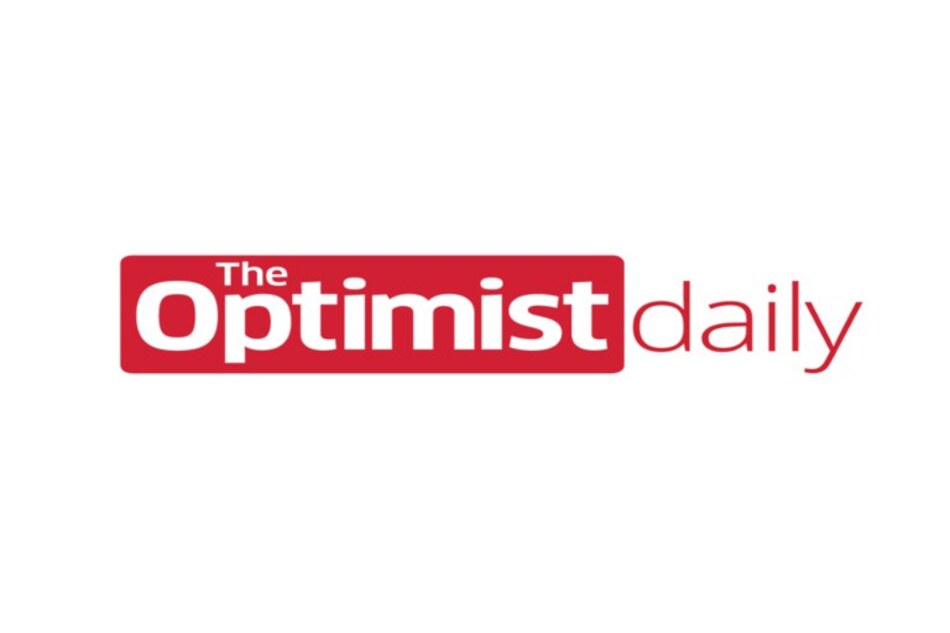COVID-19 wreaked havoc on our economic system, but some CEOs stepped up and forgoed their own salaries to protect workers from layoffs and store closures.
Many key players in the airline industry, which has taken a particularly large hit during the outbreak, sacrificed corporate income for worker well-being. The CEO of Delta, Ed Bastain, announced his forgo of his and the company’s board members salary for six months. Alaska Air, United, and Allegiant all implementing similar policies.
Marriott CEO Arne Sorenson gave up his salary for most of 2020 and cut pay for senior management in half. Hyatt CEO, Mark Hoplamazian, and board chairman, Tom Pritzker, also did the same with their salaries through May.
Key nodes of the sharing economy, such as Lyft, Uber, and food delivery services remained in high demand during the COVID-19 outbreak, but concern for worker health was also high. To combat this, Lyft co founders John Zimmer and Logan Green donated their salaries to support drivers and their health.
As gyms across the country closed temporarily to stop the spread of the virus, Life Time CEO Bahram Akradi and the rest of the leadership team took an indefinite pay freeze as they shutter their 152 health clubs across North America. The company also committed to paying its 38,000 health club employees their full pay through the end of March.
While these senior pay cuts are a great start for worker relief, giving up a base salary most definitely does not leave these executives high and dry. Many reap far more income from other related company profits in addition to their salaries. For example, United CEO Oscar Munoz earned a huge $3.8 million cash bonus on top of his salary in 2019. Others, like Southwest CEO Gary Kelly, only really gave up small fractions of their incomes: a 10 percent pay cut of his $750,000 salary.
Nevertheless, CEOs and other executives giving up their salaries for the well-being of their workers was an impactful short term solution for saving critical jobs during the pandemic. It is also symbolic of the role of corporate leaders during crises. It was a solution for taking immediate action to protect workers and in a world of growing wage gaps, serves as an incentive for other companies to take swift action to support their employees as well going forward.












